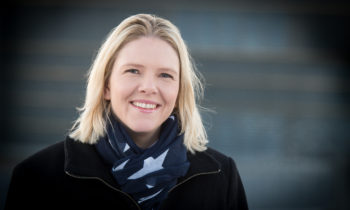 PST (The Police Security Service) was given the authority to expel foreigners for reasons of fundamental national interests.
PST (The Police Security Service) was given the authority to expel foreigners for reasons of fundamental national interests.
Before the ban came into effect, only UDI (The Norwegian Directorate of Immigration) had the authority to expel in such cases. However, UDI is still the only one that may make decisions in cases where people believe they need protection.
This amendment is going to strengthen the government’s ability to do expulsions in cases where it is important that a decision happens quickly and without the need to involve too many organs, says Migration and Integration Minister Sylvi Listhaug.
In cases where the PST knows that there is someone on the way to Norway that is going to constitute a security threat, I believe it is important that PST itself has the authority to refuse entry and expel, says the Minister.
Source: NTB scanpix


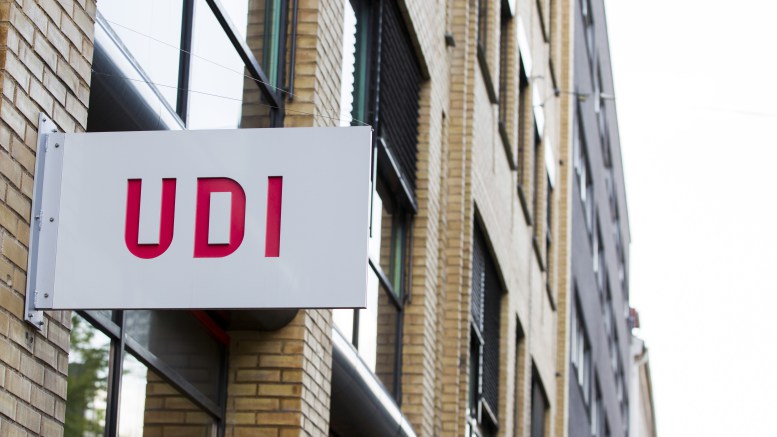
 The Directorate of Immigration (UDI) cancels the creation of 8,000 places in reception centers for asylum seekers, reports the newspaper VG.
The Directorate of Immigration (UDI) cancels the creation of 8,000 places in reception centers for asylum seekers, reports the newspaper VG.

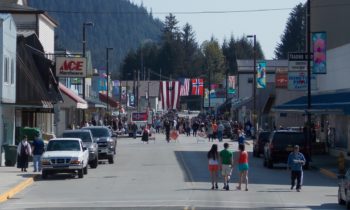 Petersburg’s week-long Little Norway Festival is ramping up with activities scheduled through Sunday afternoon.. Petersburg’s main street is closed down Friday and Saturday, May 20-21 during the day as vendors sell food and crafts. There’s also a full schedule of activities for Friday, Saturday and Sunday.
Petersburg’s week-long Little Norway Festival is ramping up with activities scheduled through Sunday afternoon.. Petersburg’s main street is closed down Friday and Saturday, May 20-21 during the day as vendors sell food and crafts. There’s also a full schedule of activities for Friday, Saturday and Sunday.
 Lithuania cut its imports from Russia by 63.2% in the first quarter of 2016, year on year, as the new supply contracts with Norway’s Statoil came into effect.
Lithuania cut its imports from Russia by 63.2% in the first quarter of 2016, year on year, as the new supply contracts with Norway’s Statoil came into effect.
 CJR Propulsion has signed an exclusive distributor agreement with Sea-Tek of Norway, establishing it as sole distributor of Doen Waterjets in the UK and Ireland.
CJR Propulsion has signed an exclusive distributor agreement with Sea-Tek of Norway, establishing it as sole distributor of Doen Waterjets in the UK and Ireland.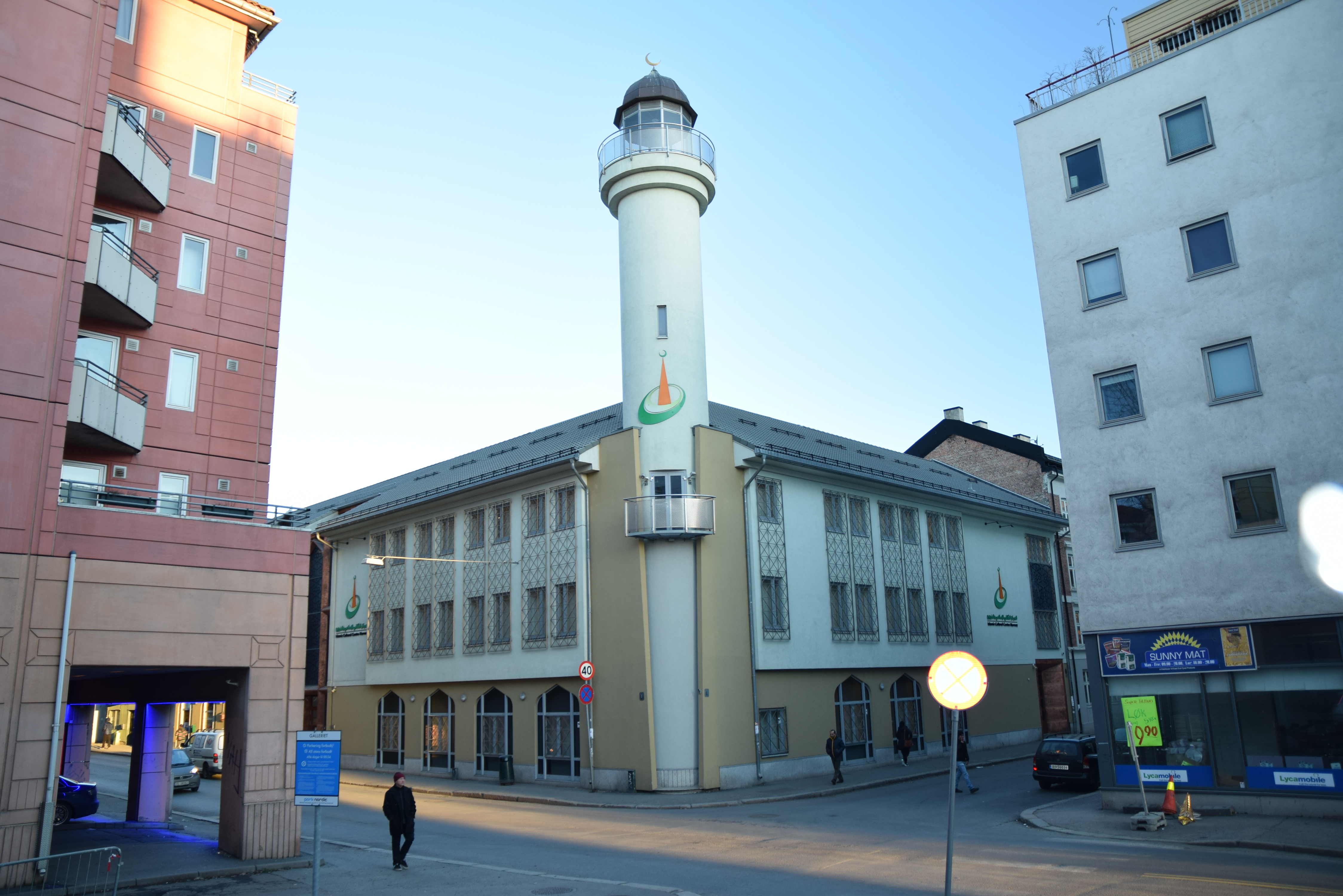
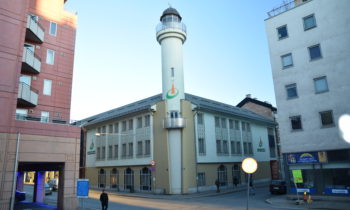 A woman was filmed by security cameras attempting to set fire to the World Islamic Mission in Oslo earlier this week, mosque officials said on Friday.
A woman was filmed by security cameras attempting to set fire to the World Islamic Mission in Oslo earlier this week, mosque officials said on Friday.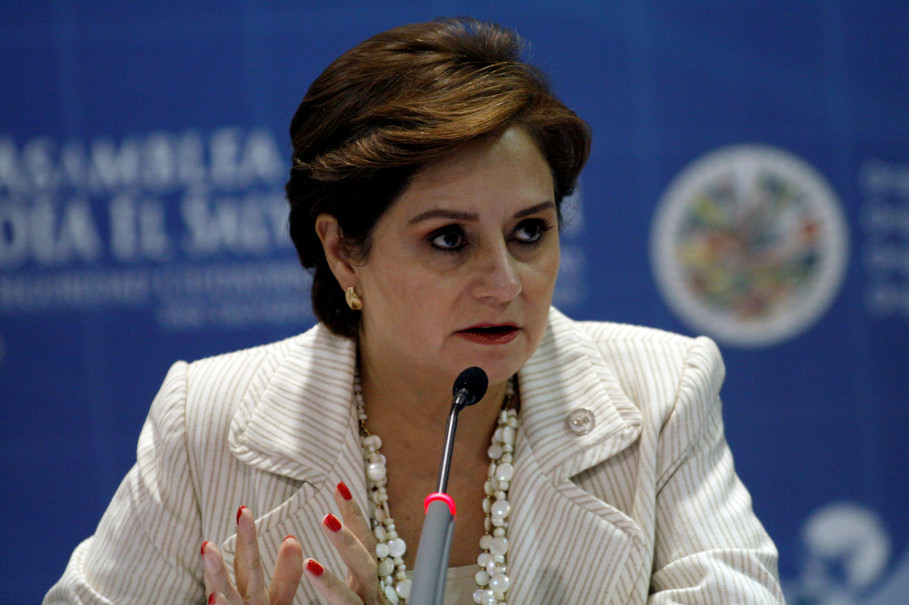
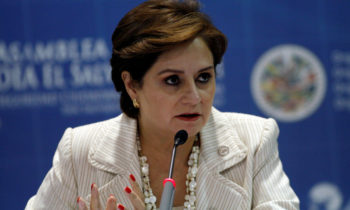
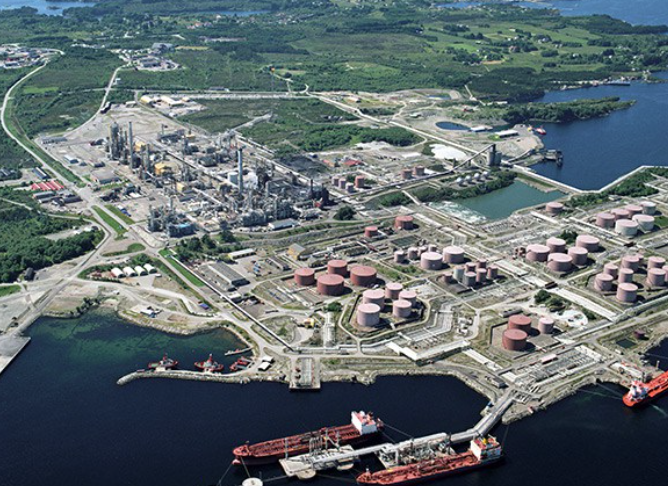
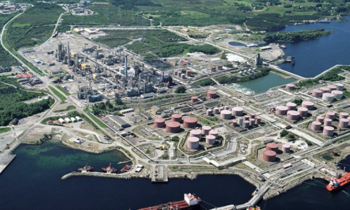 Norwegian preliminary production figures for April 2016 increased 20,000 barrels a day more then the previous month.
Norwegian preliminary production figures for April 2016 increased 20,000 barrels a day more then the previous month.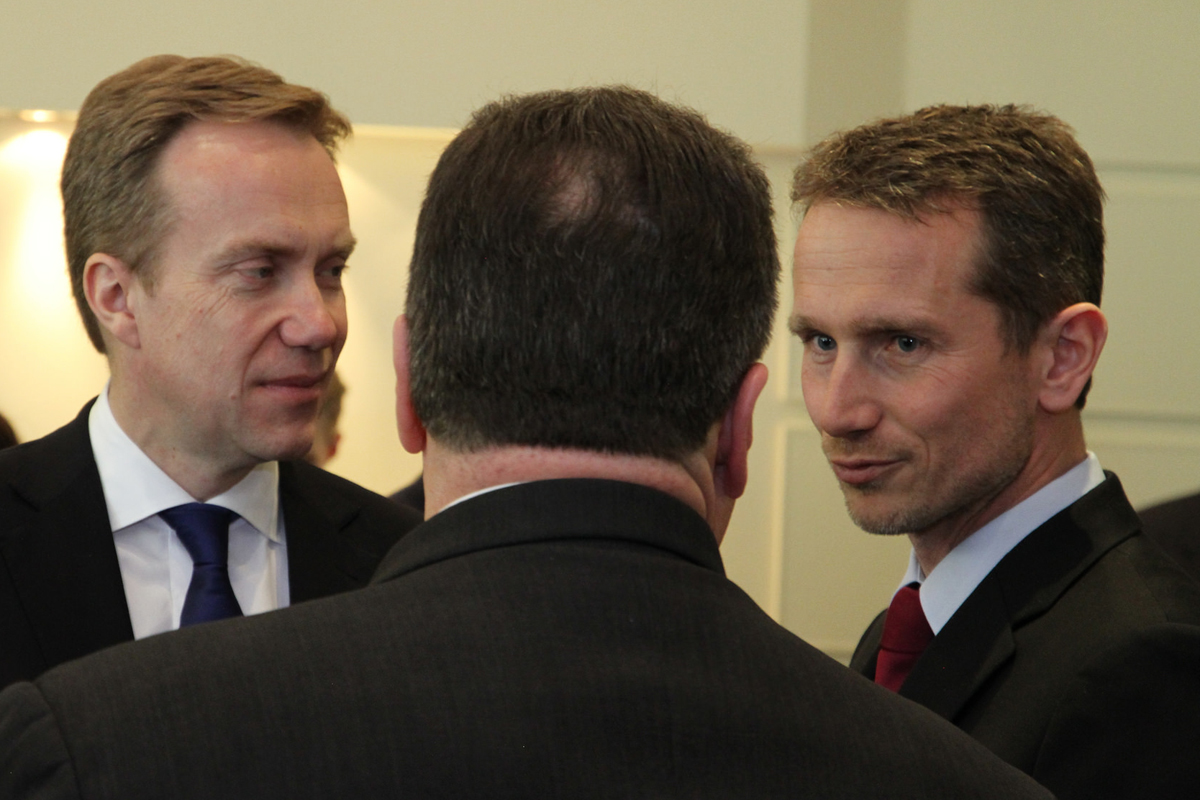


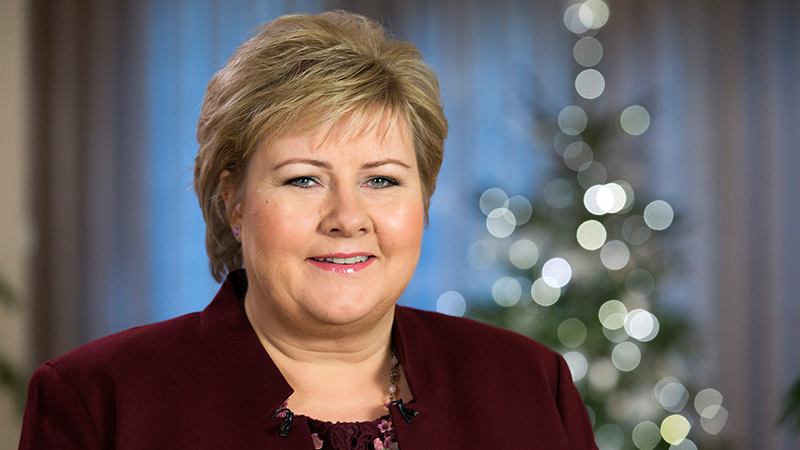
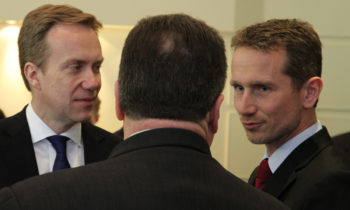 Minister of Foreign Affairs Børge Brende was taking part in the launch of the Nordic Microfinance Initiative (NMI) yesterday. This is a new Nordic cooperation venture involving private Norwegian investors and two state investment funds, the Norwegian Investment Fund for Developing Countries (Norfund) and Denmark’s Investment Fund for Developing Countries (IFU). The first capital injection is around NOK 715 million.
Minister of Foreign Affairs Børge Brende was taking part in the launch of the Nordic Microfinance Initiative (NMI) yesterday. This is a new Nordic cooperation venture involving private Norwegian investors and two state investment funds, the Norwegian Investment Fund for Developing Countries (Norfund) and Denmark’s Investment Fund for Developing Countries (IFU). The first capital injection is around NOK 715 million.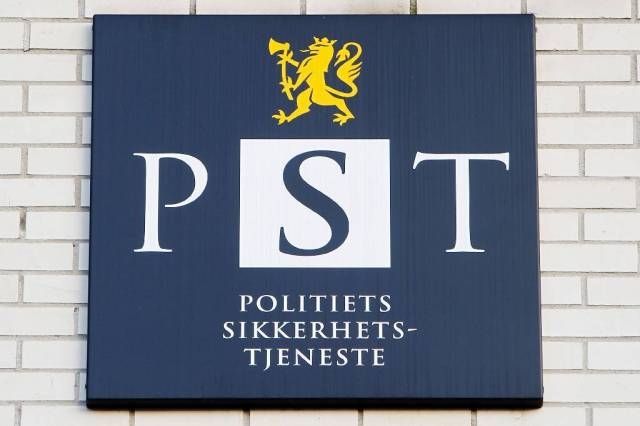
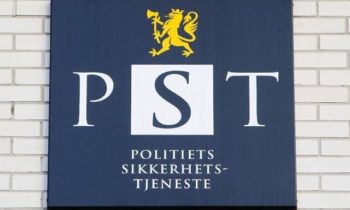 Norway’s police security agency has expressed worry that convicted fighters who returned from foreign conflict zones could radicalize other prisoners in the Nordic country, daily newspaper Aftenposten reported on Thursday.
Norway’s police security agency has expressed worry that convicted fighters who returned from foreign conflict zones could radicalize other prisoners in the Nordic country, daily newspaper Aftenposten reported on Thursday.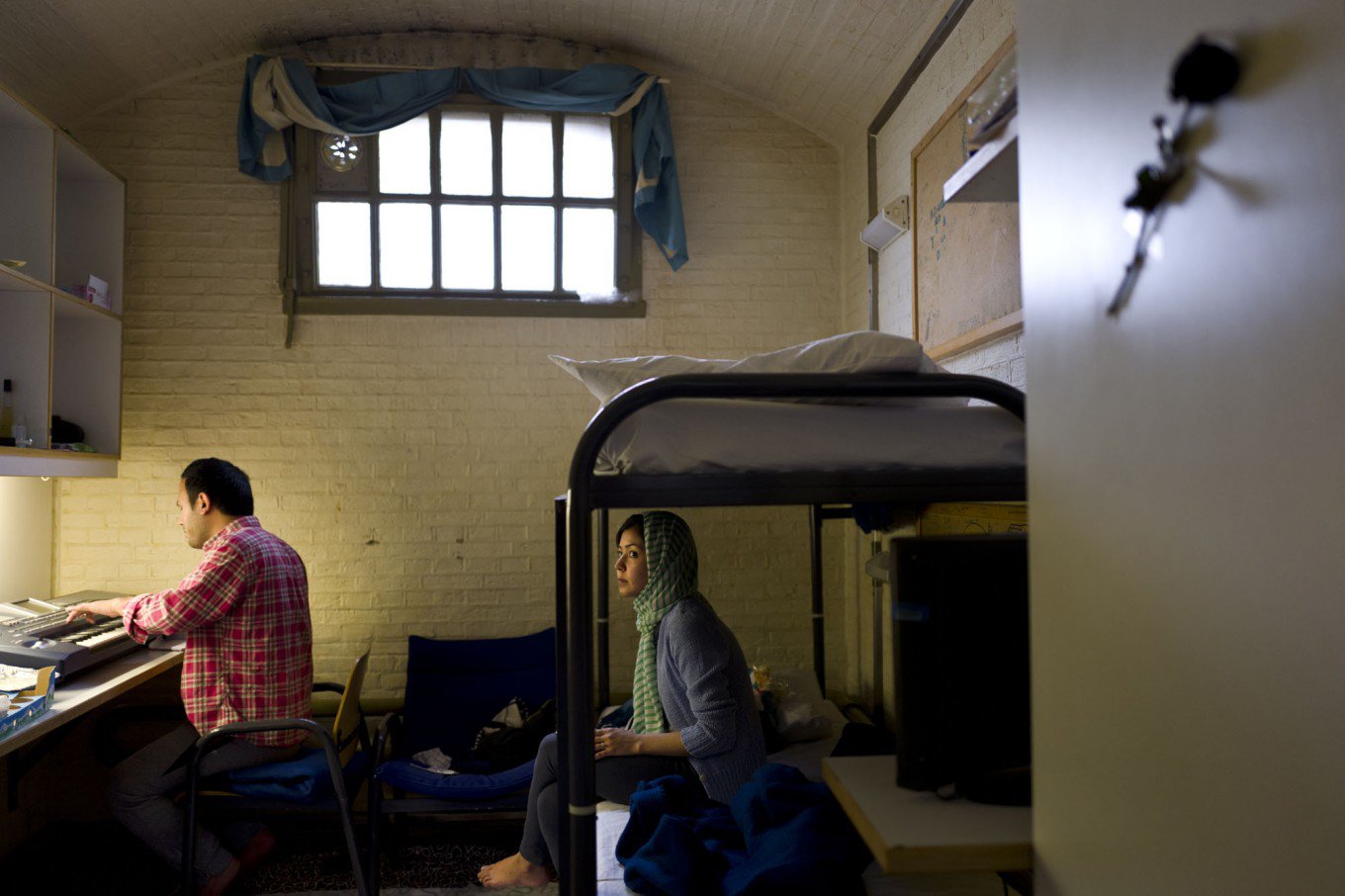
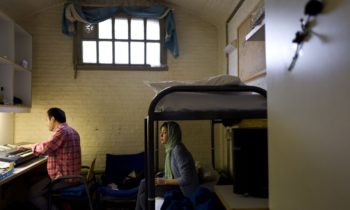 With crime declining in the Netherlands, the country is looking at new ways to fill its prisons. The government has let Belgium and Norway put prisoners in empty cells and now, amid the huge flow of migrants into Europe, several Dutch prisons have been temporarily pressed into service as asylum-seeker centers.
With crime declining in the Netherlands, the country is looking at new ways to fill its prisons. The government has let Belgium and Norway put prisoners in empty cells and now, amid the huge flow of migrants into Europe, several Dutch prisons have been temporarily pressed into service as asylum-seeker centers.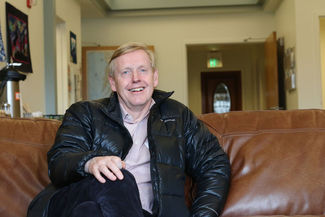
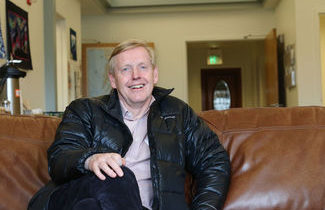 Kåre R. Aas, the Norwegian ambassador to the United States, is in town for Mayfest, and he cannot wait to meet and speak with locals.
Kåre R. Aas, the Norwegian ambassador to the United States, is in town for Mayfest, and he cannot wait to meet and speak with locals.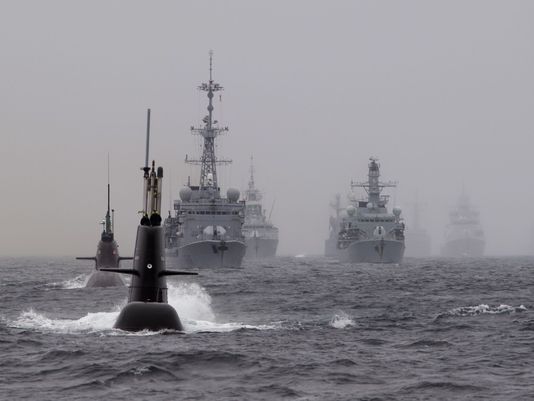
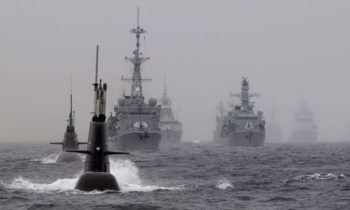

 The Ishpeming boys ran as a pack in the distance races Wednesday and rolled to their third straight Division 2 regional title with 97 points.
The Ishpeming boys ran as a pack in the distance races Wednesday and rolled to their third straight Division 2 regional title with 97 points.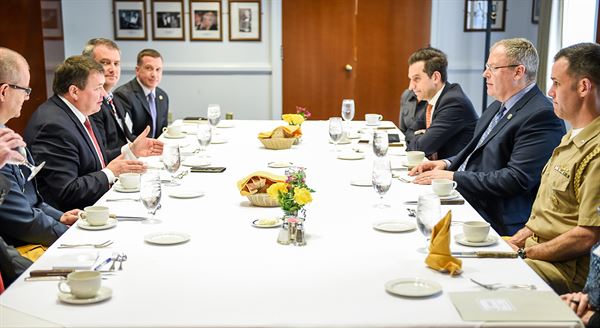
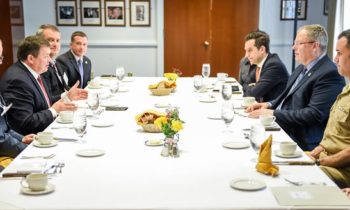
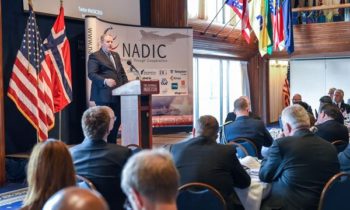

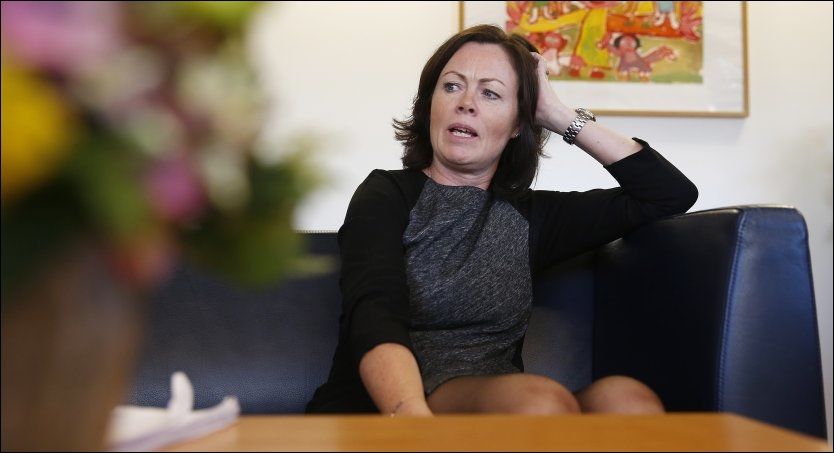

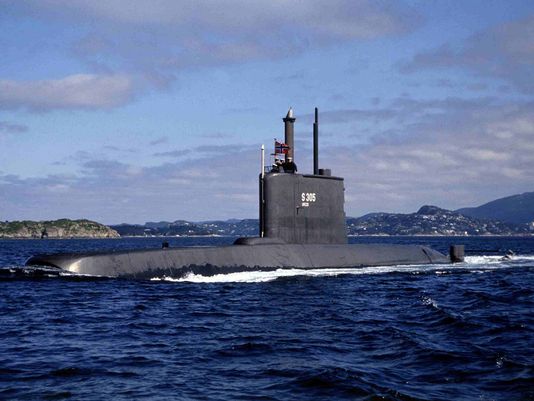
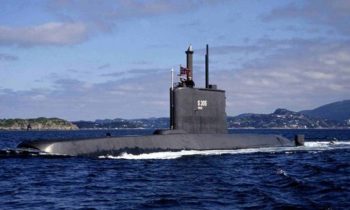 The Norwegian Defense Forces are reviewing options to improve general base infrastructure and capacity for the navy’s submarine fleet. The facilities’ review has come into focus in the wake of a government decision to favor an international partnership solution in any future delivery of a new submarine class to the navy.
The Norwegian Defense Forces are reviewing options to improve general base infrastructure and capacity for the navy’s submarine fleet. The facilities’ review has come into focus in the wake of a government decision to favor an international partnership solution in any future delivery of a new submarine class to the navy.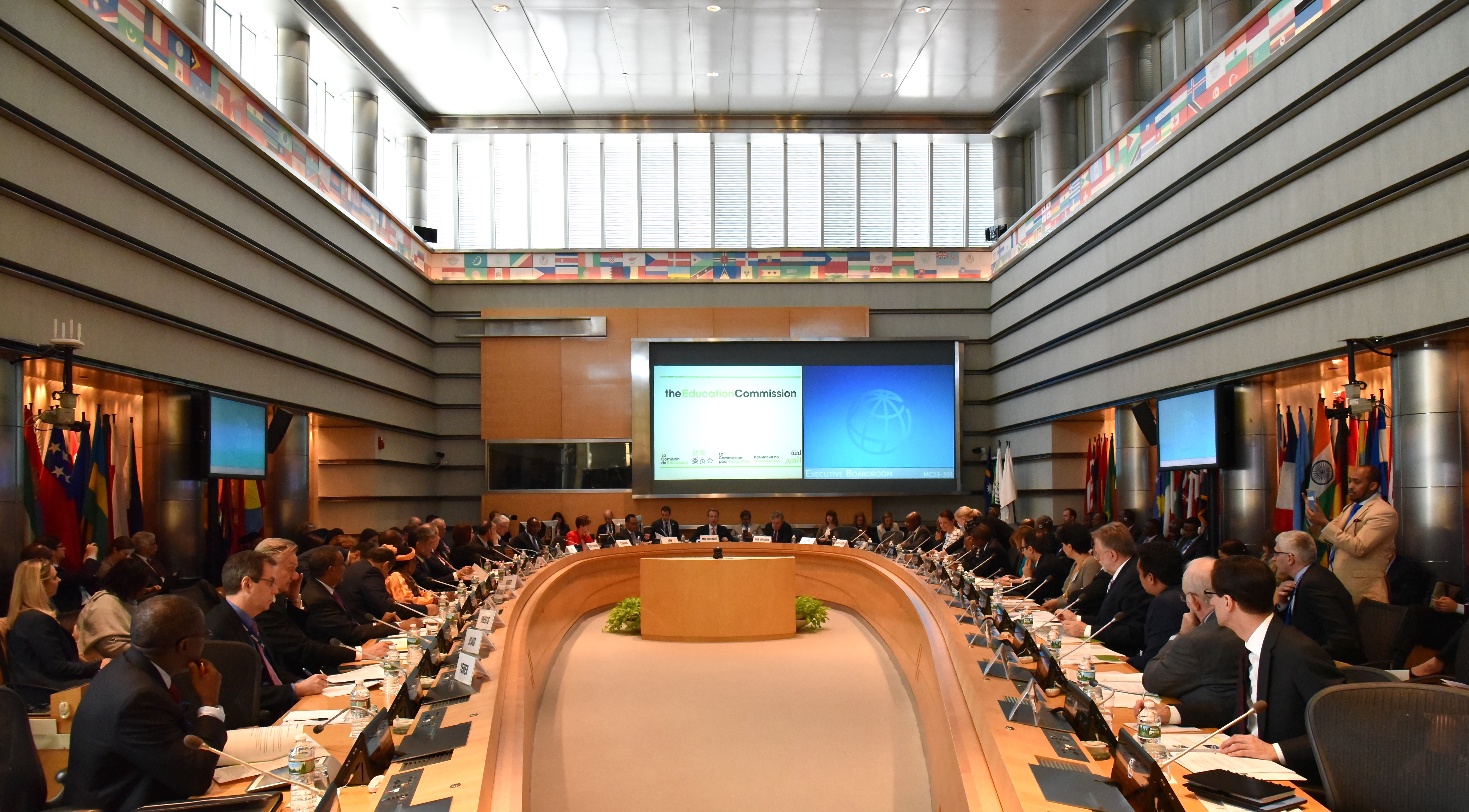
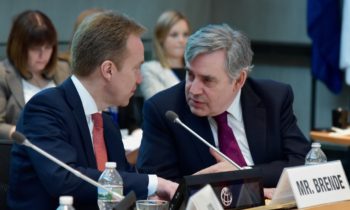
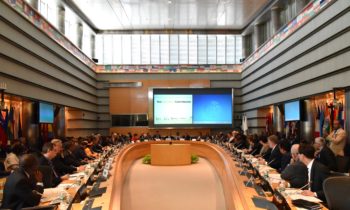
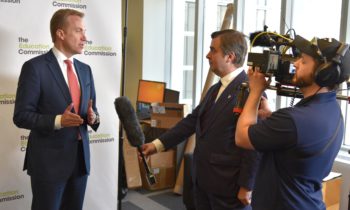
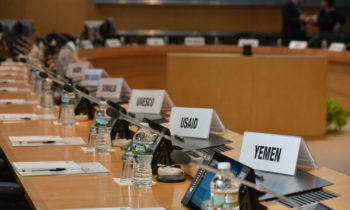
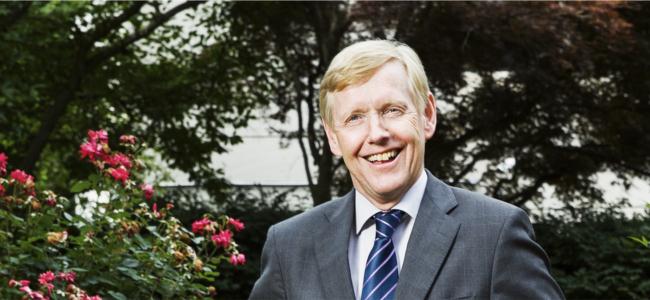
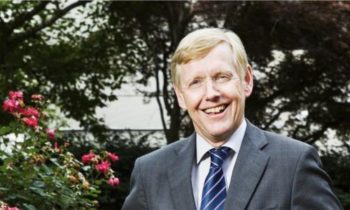 Norway’s ambassador to the U.S. arrived in Petersburg Wednesday to enjoy the community’s Little Norway Festival.
Norway’s ambassador to the U.S. arrived in Petersburg Wednesday to enjoy the community’s Little Norway Festival.